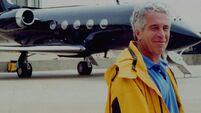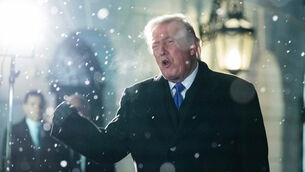Declaration details Iraqi nuclear effort
The nine-page table was released after Washington took the UN Security Council's only copy of the 12,000-page dossier to make copies for the four other permanent members Britain, France, Russia and China.
A former inspector who reviewed the table of contents said it appeared Iraq had resubmitted old reports detailing programmes that ended in the wake of the Gulf War more than a decade ago. Inspectors have said Iraq's previous declarations were incomplete.














